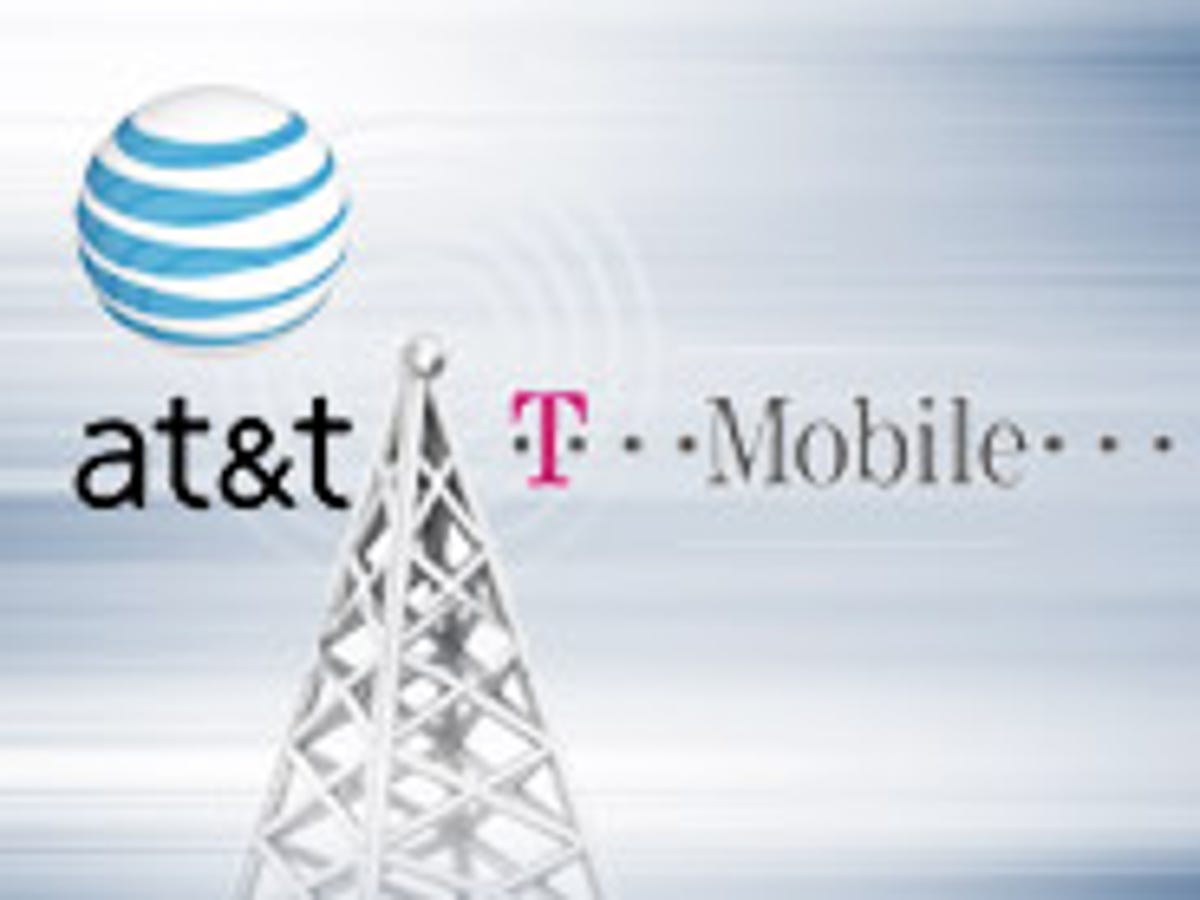AT&T filed additional information to the Federal Communications Commission late yesterday to support its claims that wireless pricing will fall and service quality will rise if regulators approve its $39 billion takeover of T-Mobile USA.

AT&T has said since the deal was announced in March that it would benefit consumers with lower prices and improved service quality. Last week, the FCC asked the company to provide new economic models that use additional data points as part of the agency’s evaluation of the deal. The FCC and the Department of Justice are reviewing the merger. Each agency must give its stamp of approval for the deal to go through.
In a letter filed along with the new data, AT&T said that the deal with T-Mobile would “relieve significant capacity constraints faced by both companies and lead to improved service quality.” The economic models submitted to the FCC include analysis of data from 15 major markets, including New York, Los Angeles, Washington, D.C., and San Francisco.
“In each market, the merger simulations project that industry output will rise and average
price adjusted for quality will fall as a result of the transaction,” AT&T said in its letter.
The analysis, which AT&T developed after the FCC began reviewing the merger, focuses on how the merger would lower costs and, ultimately, pricing as the two companies gained efficiencies through combining their networks.
The actual data filed with the FCC is confidential, and parts of the cover letter that accompanied the new filing were also redacted, since they contained confidential information.
Typically, the FCC tries to finish reviewing mergers within 180 days. Last week, the agency stopped the “shot clock” on the deal to give AT&T time to file the additional information. Now that AT&T has filed this information, the FCC is expected to restart the clock.
Opponents of the merger, such as Public Knowledge, criticized AT&T for putting forth a new “justification for taking over T-Mobile.” The consumer advocacy group said that AT&T is acting like a coach in a losing game that calls a time-out to work the referees.
“While the Federal Communications Commission (FCC) stops its merger review process to examine the new plan, AT&T will use the time to spend more millions of dollars lobbying federal, state and local officials and recruiting non-governmental groups to support what is clearly a failing action,” Gigi Sohn, president of Public Knowledge, said in a statement yesterday before the new models had been filed at the FCC.
“Unless this new ‘model’ can come up with a different answer to the problem of 4-1=3, (which would inevitably be followed by 3-1=2) we’re not interested,” she went on to say. “Removing a major competitor from the national wireless market still makes no sense.”
The merger has also been criticized by some lawmakers. Last week, Sen. Herb Kohl (D-Wis.), who chairs the Senate Judiciary subcommittee on antitrust matters, asked regulators to block the merger.
Separately, three Democratic leaders in the House also sent a letter to the FCC and Department of Justice raising concerns about the deal.
The Senate and House judiciary committees have each already held hearings on the proposed merger. And the Senate and House commerce committees are expected to hold their own public hearings before the agencies decide whether to approve the merger.
Some AT&T customers are also trying to block the merger through arbitration.



